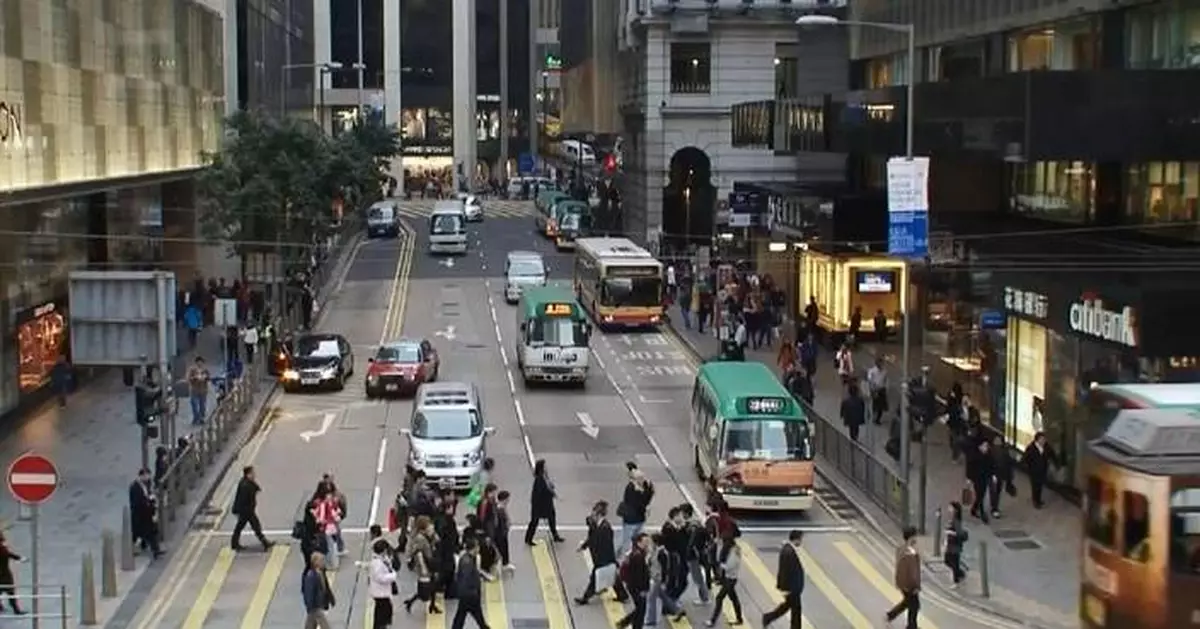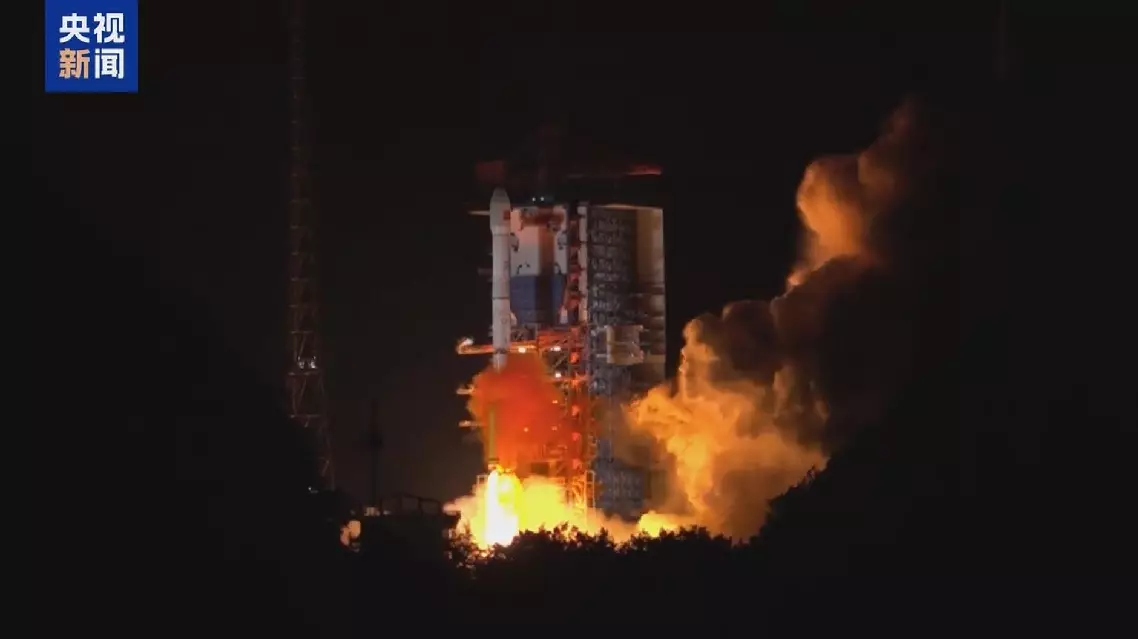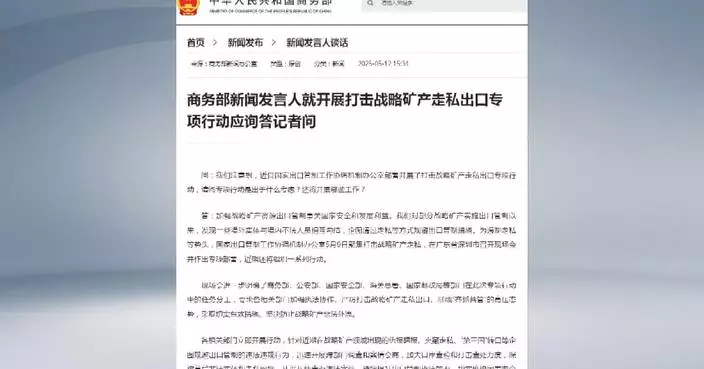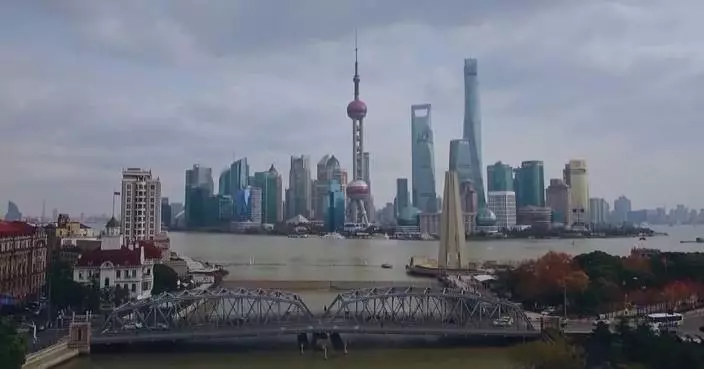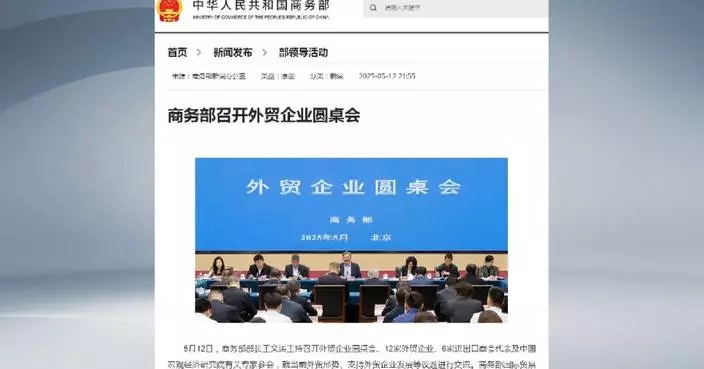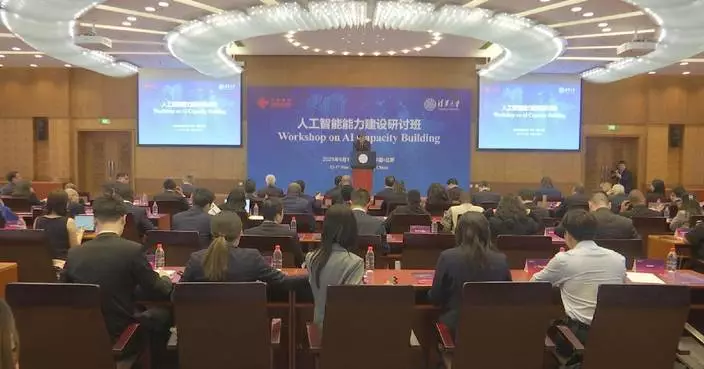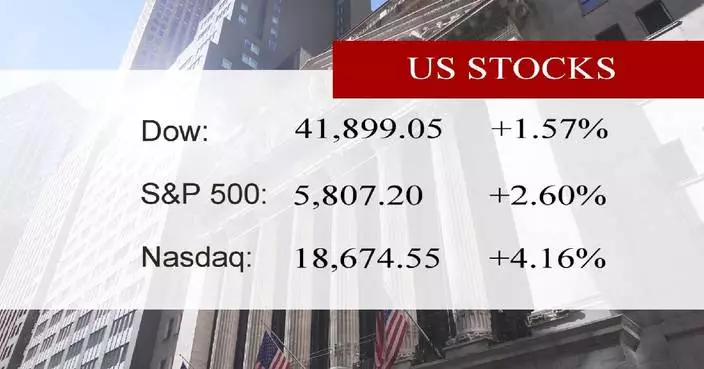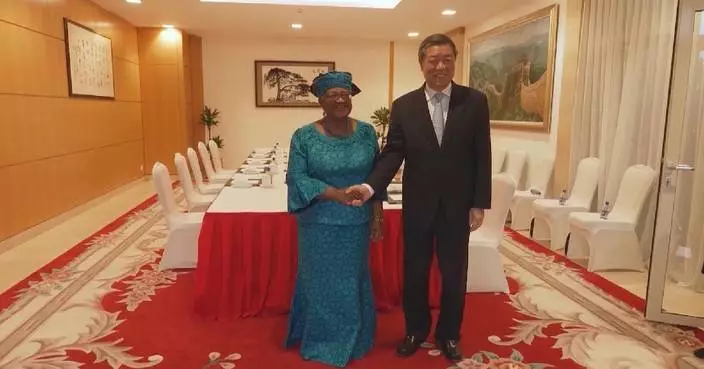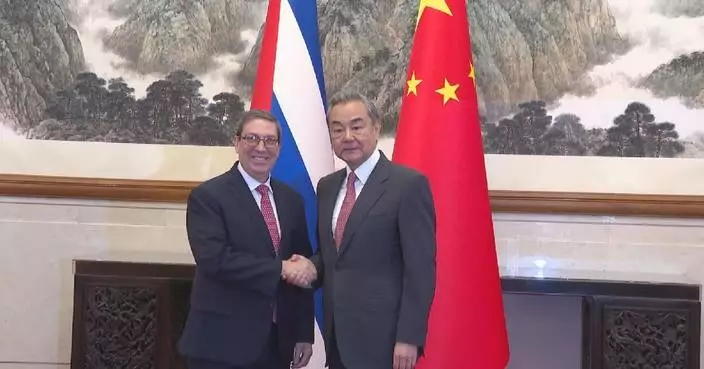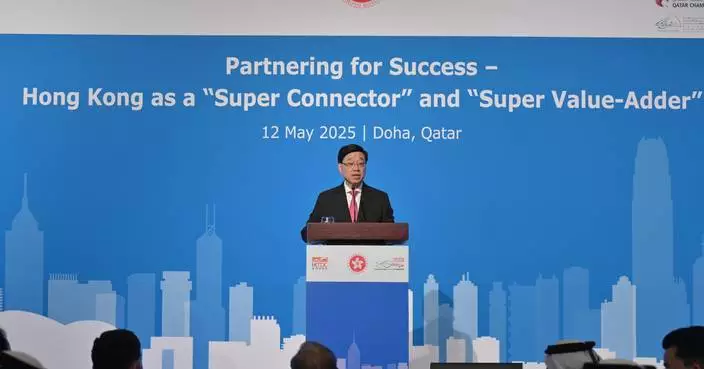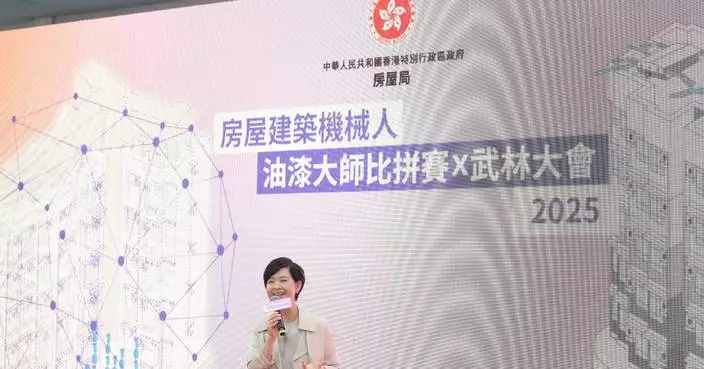As competition intensifies among China's e-commerce giants during this year's "Double Eleven" shopping festival, many are turning to the emerging Hong Kong e-commerce market, investing heavily to expand their businesses.
Originally launched by Alibaba on Nov 11, 2009, the "Double Eleven" shopping spree has evolved into one of China's largest online sales events, with e-commerce platforms offering steep discounts to encourage consumer spending.
Alibaba, which operates Taobao, a leading e-commerce platform in China, announced in late September its plan to invest one billion yuan (about 139 million U.S. dollars) to offer free shipping in Hong Kong. The policy offers free delivery on orders over 99 yuan (about 14 U.S. dollars).
Another key player, JD.com, revealed a similar initiative, announcing an initial investment of 1.5 billion yuan (about 208 million U.S. dollars) in Hong Kong for product subsidies, logistics support and service upgrades.
"Data released by the Census and Statistics Department of the Hong Kong Special Administrative Region (SAR) government shows that, the e-commerce penetration rate in Hong Kong remained below 10 percent in the first seven months of this year," said Lao Guoling, director of the e-commerce research institute at the Shanghai University of Finance and Economics.
The initial move to offer free shipping is a key strategy to attract more customers, but the success of this initiative will ultimately depend on the development of efficient logistics networks, though optimizing these systems is likely to take considerable time.
"The supportive infrastructure and services will gradually improve, and once the first step is taken, the rest will follow. This is why I believe that taking that initial step holds even greater significance," said Lao.
She further emphasized that expanding into Hong Kong offers valuable learning opportunities for platforms in the mainland.
"We can apply our proven e-commerce experience while piloting in Hong Kong, benefiting people there. Meanwhile, the e-commerce operation rules and other aspects may also provide e-commerce platforms with more opportunities to practice," she said.
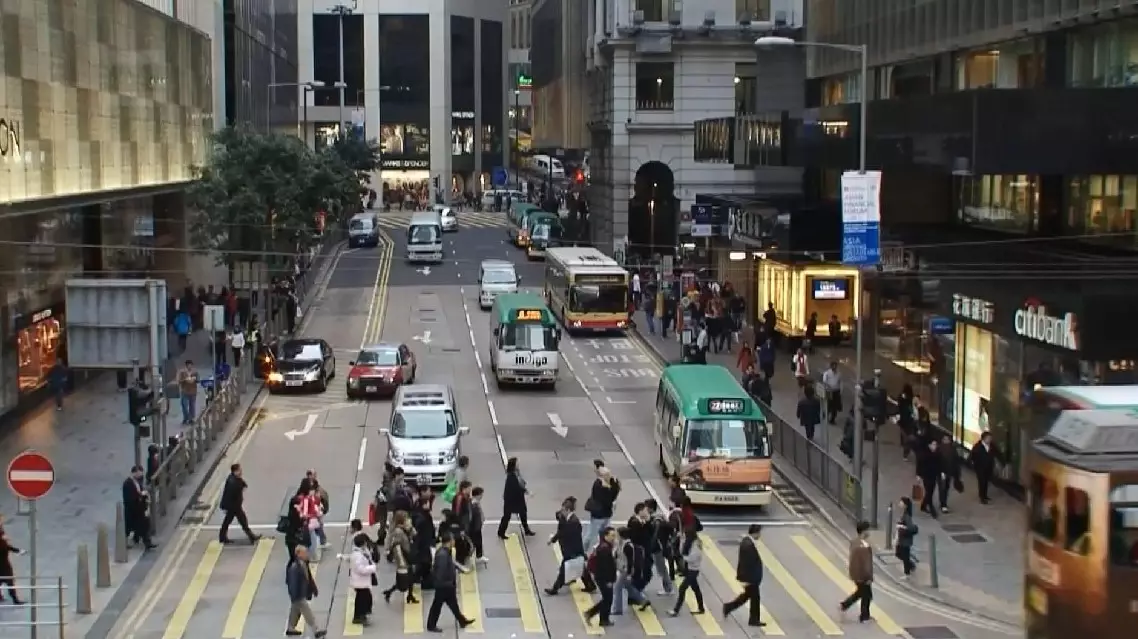
China’s e-commerce giants target Hong Kong market for growth


